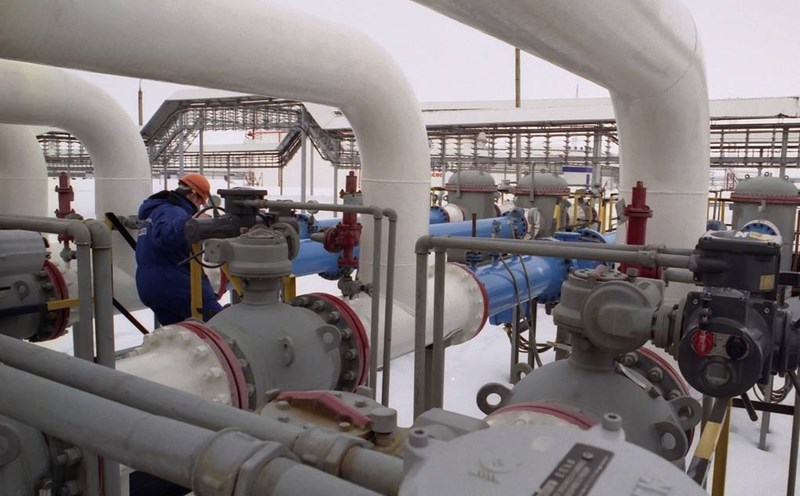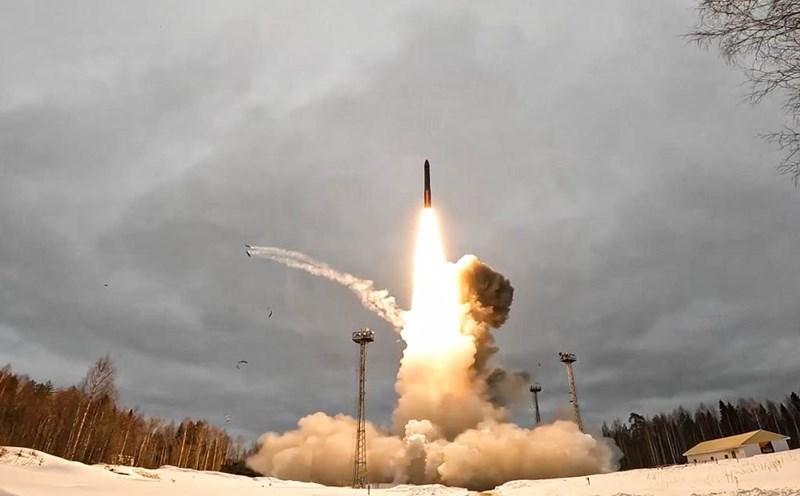The above information was announced by Russian President Vladimir Putin on August 14, right before the expected meeting between him and US President Donald Trump in Anchorage, Alaska on August 15.
This statement is seen as a rare signal from Moscow about the possibility of restoring strategic dialogue, in the context of the only remaining bilateral nuclear treaty - the New START - expiring in February next year.
If we move forward to the next stages and reach agreements in the field of strategic attack weapons control, it will create long-term conditions for peace between the two countries, in Europe and around the world, Putin stressed.
The New START Treaty, which came into effect in 2011, limits the number of strategic nuclear warheads deployed by each side to a maximum of 1,550 units and allows mutual inspections to verify compliance.
However, in 2023, Russia suspended its participation in the treaty, citing obstacles in organizing inspections and accusing the West of directly assisting Kievs efforts to attack Russian strategic bombing facilities. Moscow said many proposals to visit some facilities have been ignored or rejected by the US and its allies for formal reasons.
Despite the suspension, Russia insists it will continue to adhere to New START's limits.
On Washington's side, President Donald Trump said in July that he wanted to maintain limited strategic nuclear arsenal of the US and Russia. This is not a deal that you want to let it expire. We are starting to work on this issue, Trump said at the time.
However, Kremlin spokesman Dmitry Peskov said last month that the two sides are not currently holding any talks to extend the New START, due to the "poor state" of bilateral relations following the policies of former US President Joe Biden's administration.
Mr. Putin's statement shows that Russia is ready to resume a strategic dialogue channel with the US, but the prerequisite is to have a breakthrough in ending the Ukrainian conflict - an issue that is seriously cracking the relationship between the two countries.
Observers say the Putin-Trump summit in Alaska could be a turning point, but the possibility of reaching a consensus will depend largely on how the two leaders resolve thorny disagreements, from the Ukrainian conflict to mutual trust in the nuclear field.











